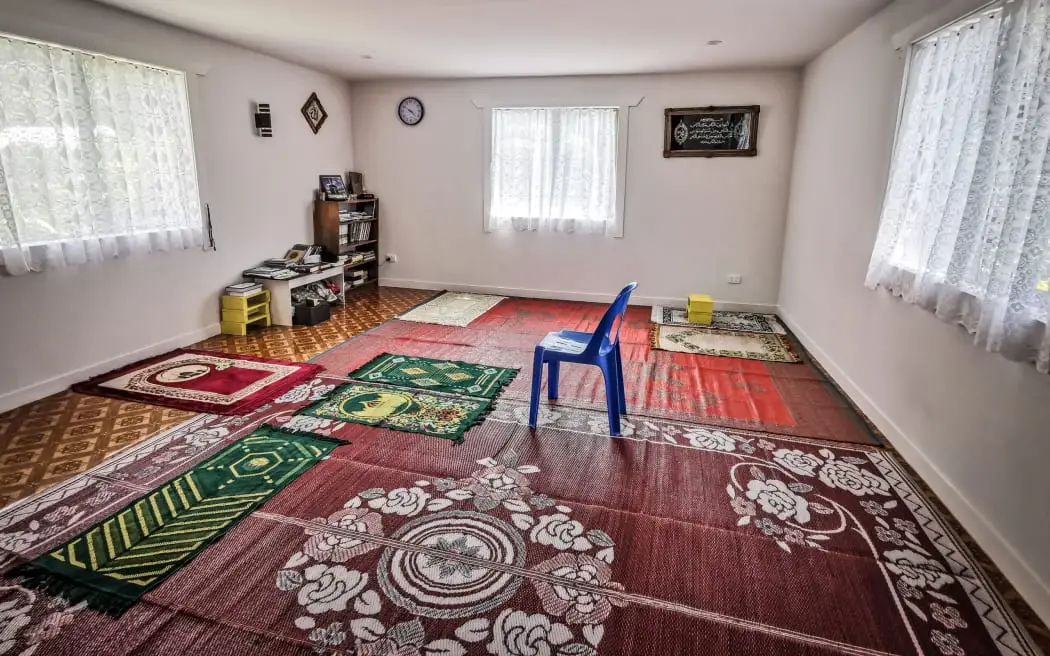A Mosque in Rarotonga: A Community’s Concerns and the Road to Resolution
By Talaia Mika, Cook Islands News
The discovery of a mosque marker on Google Maps sparked controversy in the Cook Islands, leading to discussions between landowners and the individual who listed it. The removal of the marker has brought relief to some, but the issue raises questions about the rights of Muslims in the country and the limitations imposed by existing laws.
The Controversy
A mosque marker in Titikaveka, Rarotonga, was recently removed from Google Maps following community concerns. The site, labelled as “Masjid Fatimah”, had sparked debate both for and against the establishment of the country’s first mosque after its discovery and reporting by Cook Islands News.
Landowners expressed opposition to the mosque being located on their land, leading to a search of the land title that revealed a residential lease had been granted to one Etita Azam, a landowner and Cook Islander Muslim. The Google Maps listing showed her private home as a mosque, causing confusion and concern among local residents.
A Meeting with Landowners
Local land agent Tere Carr attended a meeting on 21 November between Etita’s sister and her brother-in-law, Mohammed Azam, leader of Rarotonga’s Muslim community. The meeting aimed to explain the situation and address the concerns raised by landowners.
In an interview, Carr recalled the meeting: “Mr Azam was very sorry that he had caused offence. I explained that in the Cook Islands, all land is customarily owned and granted by landowners for specific purposes… The issue was not that he and his family were praying in his home and practicing their faith, as it was their fundamental right to do so, but rather, that by pinning it on Google Map as a mosque, it sent a false message to the world.”
The Resolution
Carr reported that the marker identifying Azam’s home as a mosque had been removed following discussions with landowners. While some concerns have been addressed, the issue highlights the need for greater understanding and clarity around religious freedoms in the Cook Islands.
“Cook Islands News should also reciprocate and report that there is no mosque on Rarotonga,” Carr added. “I hope this ends the matter about a mosque in Rarotonga, and also the discrimination shown to Mr Azam and his family.”
The Road Ahead
The establishment of the first mosque in the Cook Islands has sparked debate about religious freedoms and the limitations imposed by existing laws. Opposition leader Tina Browne has proposed an immediate and comprehensive review of the Religious Organisations Restrictions Act 1975.
“We urge the government to collaborate on this critical legislative reform to ensure that the rights of all Cook Islanders are safeguarded while maintaining harmony within our communities,” Browne said. “The existence of a mosque and other religious groups reflects the evolving diversity of our nation, which should be celebrated rather than constrained.”
In conclusion, the controversy surrounding the mosque marker on Google Maps has brought attention to the complexities of religious freedoms in the Cook Islands. While some concerns have been addressed, there is still much work to be done to ensure that the rights of all citizens are protected and respected.

0 Comments